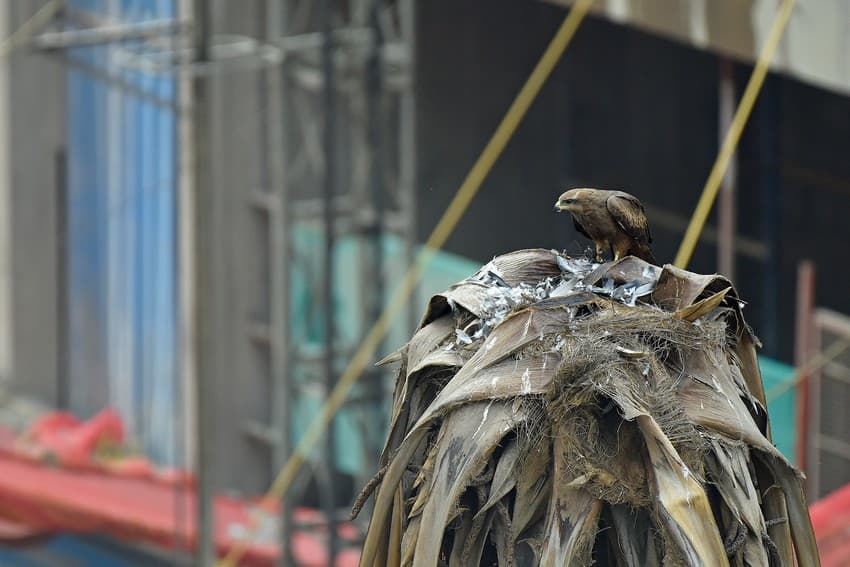

She remembers little, although reports that the man, who was vaguely connected to her wider peer group, had been sending her sexually related messages online. In an individual session, she discloses that she was drunk at a party and a 19-year-old man had sex with her. Katie is a 14-year-old girl attending CAMHS with an eating disorder. There is currently no specific target in mind, but Frank thinks it is possible he might do something sometime in the future. The potential targets change frequently they tend to be peers at college whom he perceives as bullies. He is not overly distressed by these thoughts, but recognises that others might be concerned if they knew about them. There is no forensic history or history of aggression.

During the assessment, he reports that for several months he has had repeated thoughts of killing people.

She is concerned that if they found out, they would just get angry.įrank is a 16-year-old boy recently diagnosed with autism spectrum disorder. She begs her doctor not to tell her family. She also has occasional suicidal ideation, although has never had any firm intent or plan. In an individual session, she reports self-harming by cutting regularly for several weeks. However, he is clear that he does not wish his family to know anything: they have other stresses and he does not wish to worry them further.Īdele is a 15-year-old girl attending CAMHS with depressive disorder. Ahmed has read information online about medication with selective serotonin reuptake inhibitors and wants to give it a go. His school counsellor remains concerned despite a package of cognitive–behavioural therapy Ahmed's anxiety is significantly affecting his work. This article explores various ethical, legal, regulatory and practical issues regarding confidentiality that can present in CAMHS, using four case scenarios ( Box 1) to illustrate the application of principles in practice.īOX 1 Four hypothetical case scenarios involving a decision on whether or not to breach confidentialityĪhmed is a 15-year-old boy who presents with anxiety disorder. However, the need to decide whether to maintain or breach a young person's confidentiality can face clinicians without warning and immerse them in a quicksand of legal, ethical and clinical dilemmas. The development of autonomy is also an important task of adolescent maturity, and the opportunity to engage with services in a confidential, supportive manner can be an empowering experience in its own right. Third, the child's level of competency may need to be taken into consideration.Ĭonfidentiality represents an opportunity to engage a young person in developing a trustful engagement with services, with long-term positive consequences for their mental health. Second, young people often prefer such information not to be shared with parents and/or other professionals. First, young people frequently present to child and adolescent mental health services (CAMHS) with sensitive and risk-related situations, including self-harm, suicidality, sexual behaviour, and alcohol and substance use. However, dilemmas arise when they refuse the sharing of information, even though breaching confidentiality could potentially protect or benefit that person or others.Ĭonfidentiality is a complex matter in clinical practice, and particularly so in child mental healthcare. They may well consent to the sharing of information, for example with their family and/or other professionals. Of course, gun control groups such as the Everytown for Gun Safety Support Fund quickly condemned the SHUSH Act,arguing that “silencers pose a significant danger in the wrong hands” and that the legislation would end up equipping “convicted felons, domestic abusers, and the dangerously mentally ill.Confidentiality involves keeping private the information disclosed by someone using services. The senators believe that “by properly classifying suppressors as a firearm accessory, our bill would allow sportsmen to have better access to hearing protection.” In a joint statement issued on June 29, Senators Lee and Crapo asserted that more access to suppressors “can make shooting safer for the millions of hunters and sportsmen that exercise their constitutional right to use firearms every year,” arguing that the current system is too expensive and complicated.


 0 kommentar(er)
0 kommentar(er)
